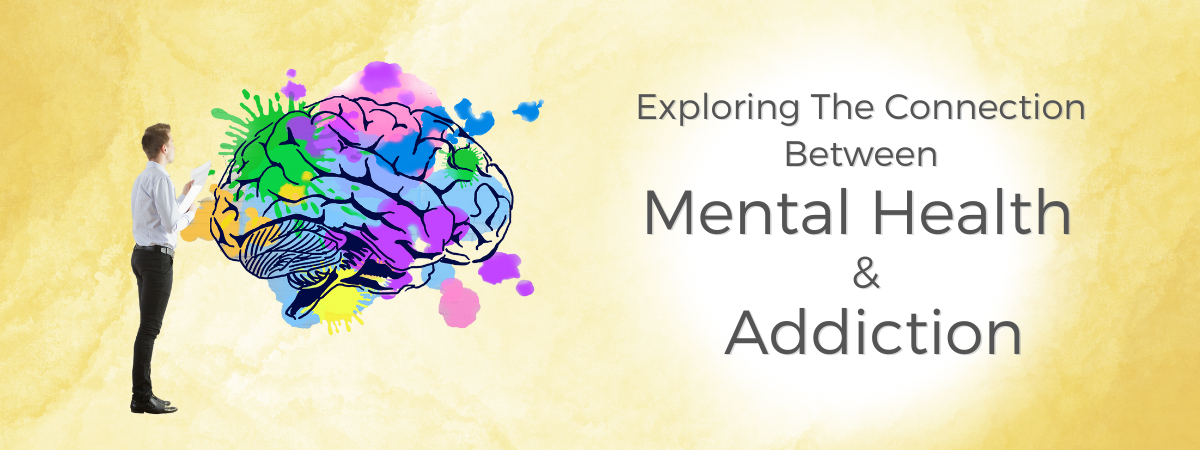-500x188.jpg?t=1730916637)

Is There A Connection Between Mental Health And Addiction In New Jersey?
Have you ever questioned what causes substance use disorders (SUD)? Knowing the answer could give us the ability to avoid and treat these disorders. Thankfully, modern research is enabling us to grasp substance use and manage it better. Recent studies have discovered a strong bond between substance use and mental illness. If you are struggling with a SUD, you may also be dealing with a co-occurring mental disorder. With this insight, you can pursue more worthwhile treatment that manages both mental health and addiction in New Jersey.
What’s The Connection Between Mental Health And Substance Use In New Jersey?
In a recent report, the Substance Abuse and Mental Health Services Administration (SAMHSA) estimated that approximately 17 million adults in the United States have both a mental illness and a SUD. They also discovered that teens and adults with mental illnesses were more inclined to take dependency-causing substances. This data indicates a noteworthy connection between mental health and substance use in New Jersey and throughout the country. But why do mental health disorders lead to substance use?
How Does Mental Illness Cause Substance Use?
It’s well known that mental disorders are often challenging to cope with. When not addressed adequately, your disorder can make you feel confused, fearful, angry, and miserable. You might even encounter some debilitating physiological symptoms. This is true whether you have been formally diagnosed with a condition or do not realize you have one.
If a mental illness makes your life a struggle, it’s not surprising you may have felt compelled to consume habit-forming substances to deal with it. The chemicals in these substances make you feel better temporarily. They might provide a “high” that makes you feel good or dull the pain you experience. When consuming, you could feel more at ease and capable.
When you consume dependency-causing substances to manage the symptoms of mental illness, it’s referred to as self-medicating. You may utilize these substances to feel temporarily happier, more energized, or less anxious. You could also ingest them to relieve physical pains and discomforts. Self-medication involves using substances not prescribed by a physician, such as alcohol or illicit drugs, as well as overusing or misusing prescribed medicines.
Self-medication usually starts inadvertently. Drinking too much alcohol or excessively using drugs seems like a release and a way of managing reality. Sadly, it’s hard to stop taking something that makes you feel better. Your body and mind become reliant on those substances, and you cannot function without them. What comes next is an endless loop of self-medication that might spiral out of control and produce dangerous and damaging actions.
Understanding the origin of your substance use gives you a a place to begin your recovery. Once you comprehend that mental illness lies at the foundation of your drug or alcohol use, you can treat both and have a greater chance at recovery.
Can Substance Use Influence Mental Health Too?
The impacts of mental disorders and substance use disorders can be cyclical. The chemicals in habit-forming substances modify brain pathways. They can cause or worsen mental illnesses. The strain of losing your life to addiction might also cause mental health concerns like anxiety and depression. As a response, you may rely on drugs and alcohol even more to manage, and the cycle begins again.
Why Manage Mental Health And Addiction At The Same Time?
Dealing with a substance use and mental illness could sound overwhelming, even impossible. But delving into the cause of your substance use is essential for lasting recovery. Once you realize what co-occurring disorder precipitated your drug or alcohol use, you have a great foundation for treatment. Addressing mental illness with therapy and prescription medicine gets you in a better spot mentally for abstaining from addictive substances. The skills you develop in therapy for managing mental health will assist you in remaining sober, too. You’ll have more success navigating your addiction when you address any underlying mental health issues first.
Find Treatment For Substance Use Disorders And Mental Illness In New Jersey
If you are facing co-occurring addiction and mental health conditions, Evolve Recovery Center can help. Our qualified staff are equipped to help you navigate the difficulties you face with research-backed treatment. Place a call to 908-824-6433 or submit our contact form to talk to someone right away about admissions.


